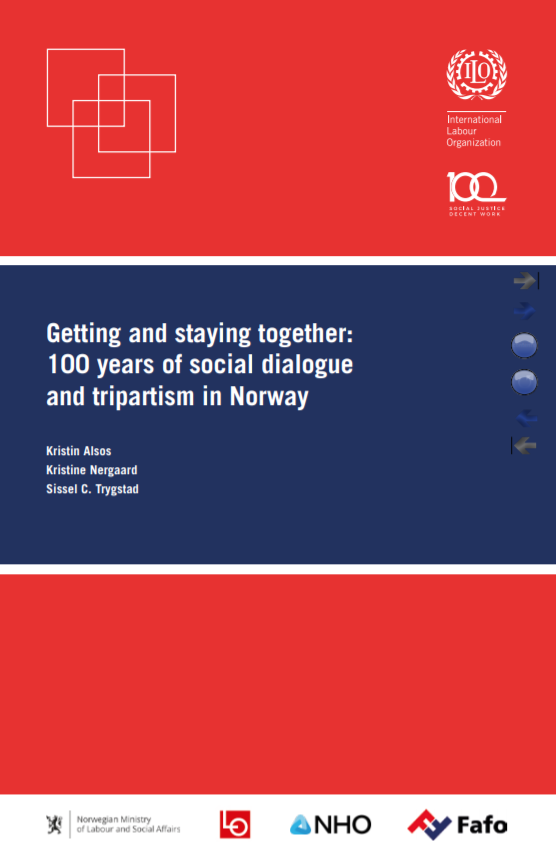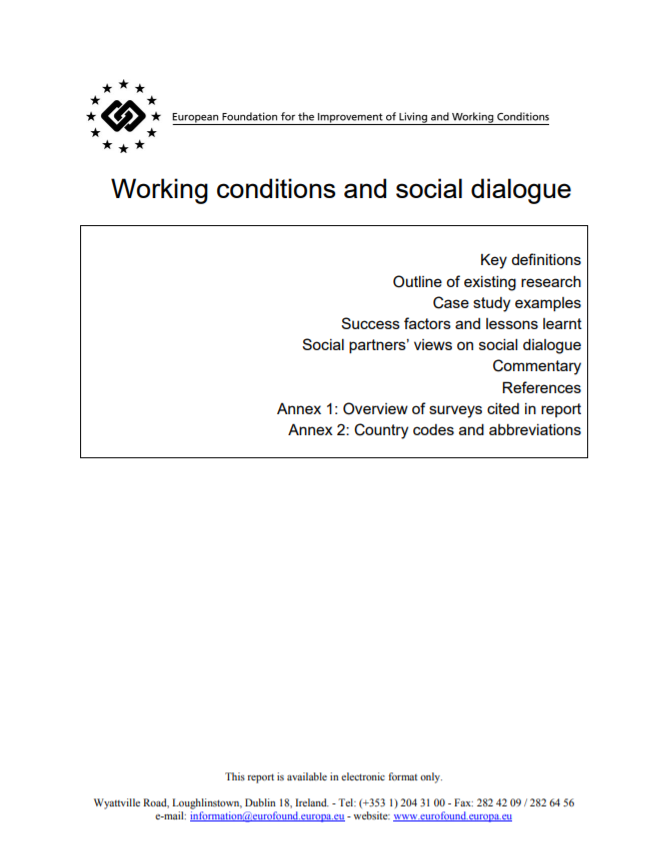Preface
Tripartite Action to Protect Migrant Workers within and from the Greater Mekong Subregion from Labour Exploitation (the GMS TRIANGLE project) and Tripartite Action for the Protection and Promotion of the Rights of Migrant Workers in the ASEAN Region (ASEAN TRIANGLE project) are working with trade unions in countries of origin and destination within ASEAN to enhance their role in promoting and protecting the rights of migrant workers.
Trade unions in countries of origin and destination have important roles to play in providing protection to migrant workers. There are many instances where trade unions in the Asia and Pacific region have been proactive in promoting a rights-based migration policy by participating in legislative reform processes; engaging in bilateral and regional cooperation between trade unions in sending and receiving countries; building trade unions’ capacity to respond to migrant worker issues through education and training; and reaching out to migrant workers by providing support services. Through this broad scope of actions, trade unions in the region are increasingly able to successfully represent the rights and interests of migrant workers in the enterprise, in the community and in policy dialogue.
This report documents selected good practices of trade union actions taken place in Cambodia, Hong Kong (China), Indonesia, Lao People’s Democratic Republic, Malaysia, Myanmar, Nepal, Republic of Korea, Taiwan, China, Thailand, and Viet Nam. The activities outlined in this report have been conducted with the International Labour Organization (ILO), through ILO technical cooperation on labour migration and with technical support from the Bureau for Workers’ Activities (ACTRAV). Some cases independent of ILO technical assistance are included in the report for the purpose of
information sharing. By sharing these practices among trade union partners and other organizations, the report aims to encourage their replication; and in doing so, highlight the relevance of trade unions and further advance their role in the effective governance of labour migration.
For the original source, please click here.









